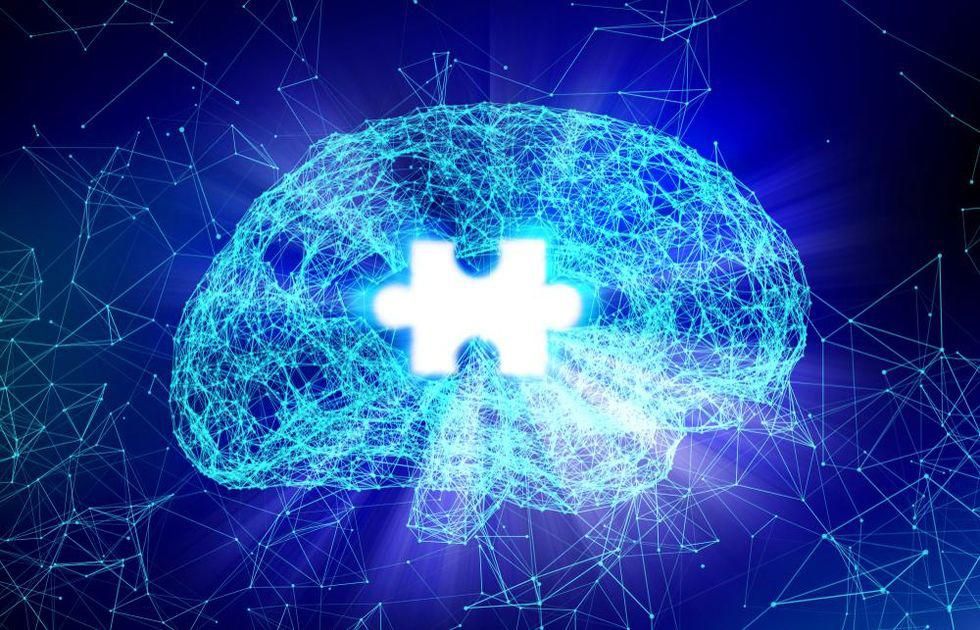
COVID-19 can kill you. It can rob you of your breath, cause strange blood clots, and prompt side effects that last for months after you’re over the initial infection.
It’s also possible that COVID-19 might impact the human brain in ways that could promote the onset of Alzheimer’s disease, a new study reports.
Severely ill COVID-19 patients display biological evidence of brain injury and inflammation as well as early markers of Alzheimer’s, according to data gathered by an international consortium reviewing the coronavirus’ effects on brain health.
This includes an uptick in tau, a sticky protein that forms tangles in the brains of later-stage Alzheimer’s patients, said study author Dr. Thomas Wisniewski. He is a professor of neurology, pathology and psychiatry at New York University Grossman School of Medicine.
COVID-19 “accelerates Alzheimer’s biomarkers, and if you have preexisting Alzheimer’s or related dementias, you’re much more likely to have neurological complications and more severe disease,” Wisniewski said. “The fact that COVID can increase Alzheimer’s biomarkers suggests that long-term it could be a predisposing factor to accelerating the pathology.”
The findings were presented Thursday at the Alzheimer’s Association’s annual meeting, which is being held in Denver and online. Such research is considered preliminary until published in a peer-reviewed journal.
In this study, researchers evaluated 310 patients admitted to NYU Langone Health in New York City with COVID-19.
Of those, about half developed neurological symptoms, most commonly confusion due to toxic-metabolic encephalopathy (TME), a condition in which an infection disrupts brain function by causing chemical abnormalities.
COVID-19 patients who developed TME were more likely than those without to have elevated levels of biological markers in their blood related to brain injury and Alzheimer’s, the investigators found.
These markers also appeared to be linked with blood indicators of inflammation, suggesting that COVID-19 could cause the brain to swell and potentially damage neurons, the researchers added.
Although more research is required, the evidence suggests that COVID-19 might do enough harm to the brain that it could predispose an otherwise healthy person to later develop dementia or Alzheimer’s, Wisniewski said.
It also could be that people already at risk for Alzheimer’s would be pushed further down that dark path after a case of COVID-19, he added.
“Particularly for anyone who’s predisposed to any of these neurodegenerative conditions, anyone who’s older, this looks like a very significant risk of getting COVID that can push you over the brink,” Wisniewski said.
The finding results from a collaboration between the Alzheimer’s Association and representatives from nearly 40 countries to evaluate the long-term consequences of COVID-19 on the brain and nervous system.
Heather Snyder, vice president of scientific and medical relations for the Alzheimer’s Association, said, “One of the hallmark symptoms by which we define COVID-19 is a loss of taste or smell. That’s an indicator that something is going on in the brain, because those are functions our brain controls.”
There’s also concern about “brain fog” among COVID-19 sufferers and survivors, she added.
“We are seeing that individuals are experiencing changes in their memory, their thinking, their reasoning, their behavior,” Snyder said.
“What we don’t know is, does that persist, is it able to be reversed, and what that means in terms of long-term impact or risk of Alzheimer’s or other cognitive changes,” Snyder continued. “Those are some of the questions we need to be asking.”
There’s a simple fix for folks who want to protect their brain health against COVID-19, Snyder added.
“If you’re not yet vaccinated, get vaccinated. Protect yourself,” she said.
More information
Johns Hopkins has more on COVID’s effects on the brain.
SOURCES: Thomas Wisniewski, MD, professor, neurology, pathology and psychiatry, New York University Grossman School of Medicine, New York City; Heather Snyder, PhD, vice president, scientific and medical relations, Alzheimer’s Association
Source: HealthDay

Leave a Reply